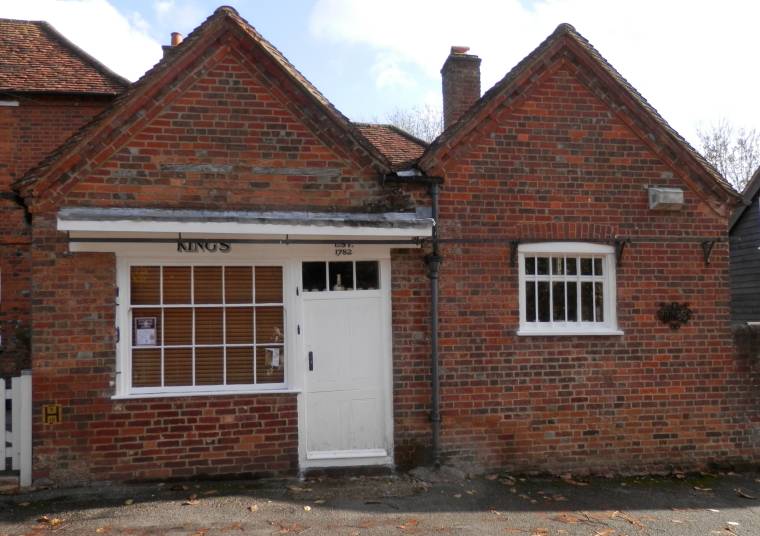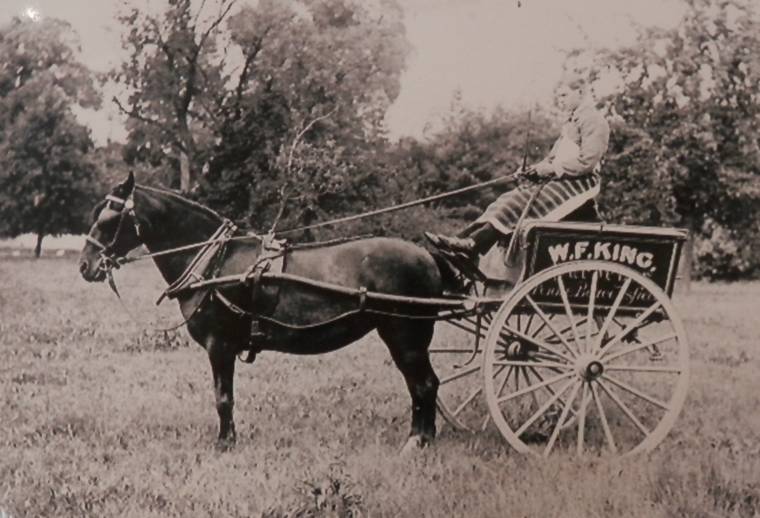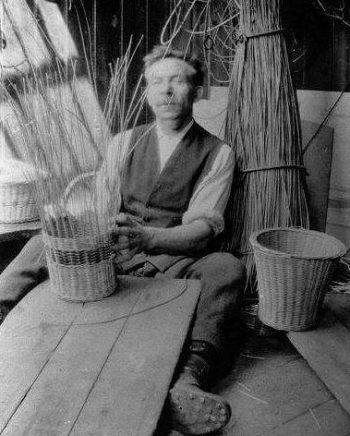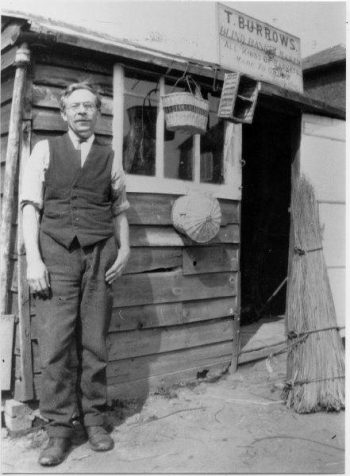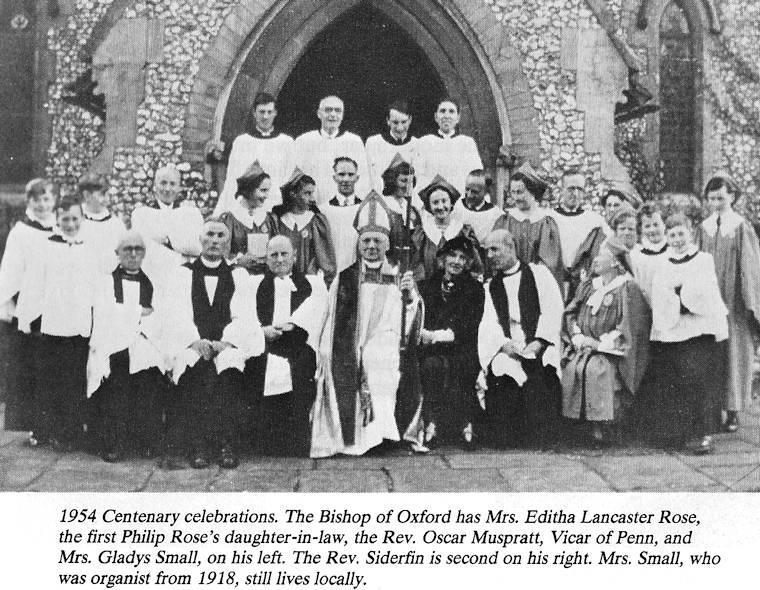Old man Grove – May he rest in peace!
There have been Groves living in Penn since ? and tho’ at one time a great deal of land belonged to the family, the property now consists of Stonehouse, Watercroft, some fields at the back of the houses and one or two cottages.
With the laying to rest of Julius Charles Grove in Feb. 1937, Penn lost a very familiar figure and a very good friend.
Hard of hearing, he was a difficult proposition in a bus or public place for his curiosity and interest were insatiable, and tho’ his deafness sometimes caused heart searching and misunderstandings, it was easy to forgive him, for he possessed the royal gift of humour, he was always ready with a cheery word and a very real companionship.
A warm welcome awaited all who came to see him at Stonehouse and his hospitality was a sure thing. His house was a veritable museum, and he loved nothing better than to show off his treasures and tell yarns about them – the pewter dinner plate, and the silk handkerchief with the royal monogram left behind by George III after dining at Stonehouse; the flagon full of golden guineas found in a crevice up the old chimney only a few years ago.
He was intensely interested in everything that concerned the villages of Penn and Tylers Green and never failed to respond generously to an appeal for help.
No one loved gossip more than Julius Grove, but he listened to it – and passed it on – with a great sense of humour, and it never made any difference to his loyalty or friendship.
He once asked me to get some ants eggs for his goldfish and his reply when I was rather a long time in sending them, was characteristic:
“My dear Mrs B. Thank you so much for the ants eggs. I enclose a cheque just to shew that some people can be quite prompt. Yours ever J C. Grove.
P.S. I think the fish will pull round, now we have such a stock of food. I am very hopeful.”
During his last illness it became necessary to have a night nurse. She arrived one evening and going up to his room for the first time, found him sitting fully dressed on a chair reading the paper. She suggested that it was time to go to bed. He made no response whatsoever. After a while she tried again and at last he turned his head in her direction and asked her: “Would you go to bed if a strange man was sitting in your bedroom?”
I fancy the mantle of his forefathers, who had been squires of old had fallen upon him for he was everyone’s friend: and yet he was shrewd enough to sum them all up for what they were worth.
I like best to remember him with his infectious laugh, his kindliness and the way he put back his head and smiled through the half open mouth and his twinkly brown eyes with a wealth of experience in their depths.

